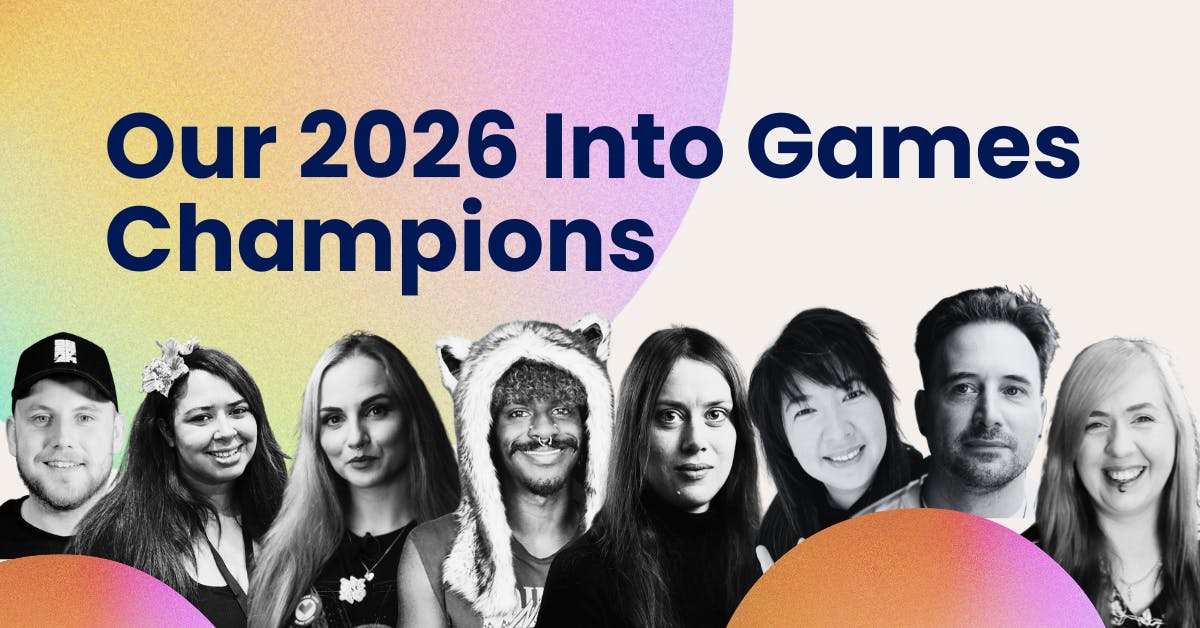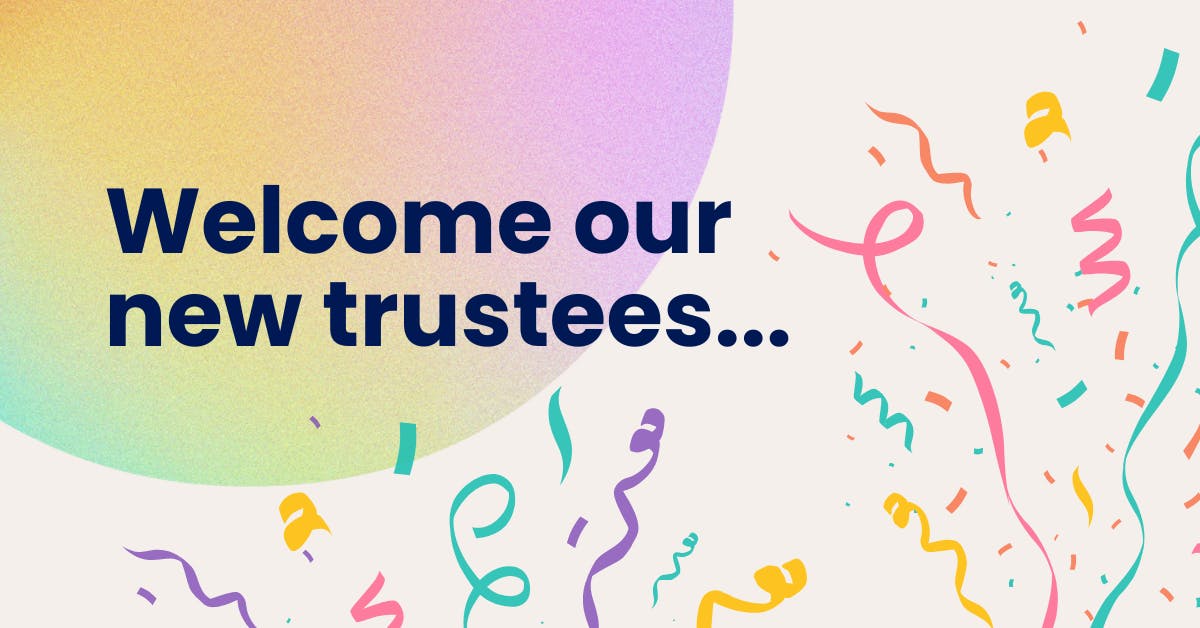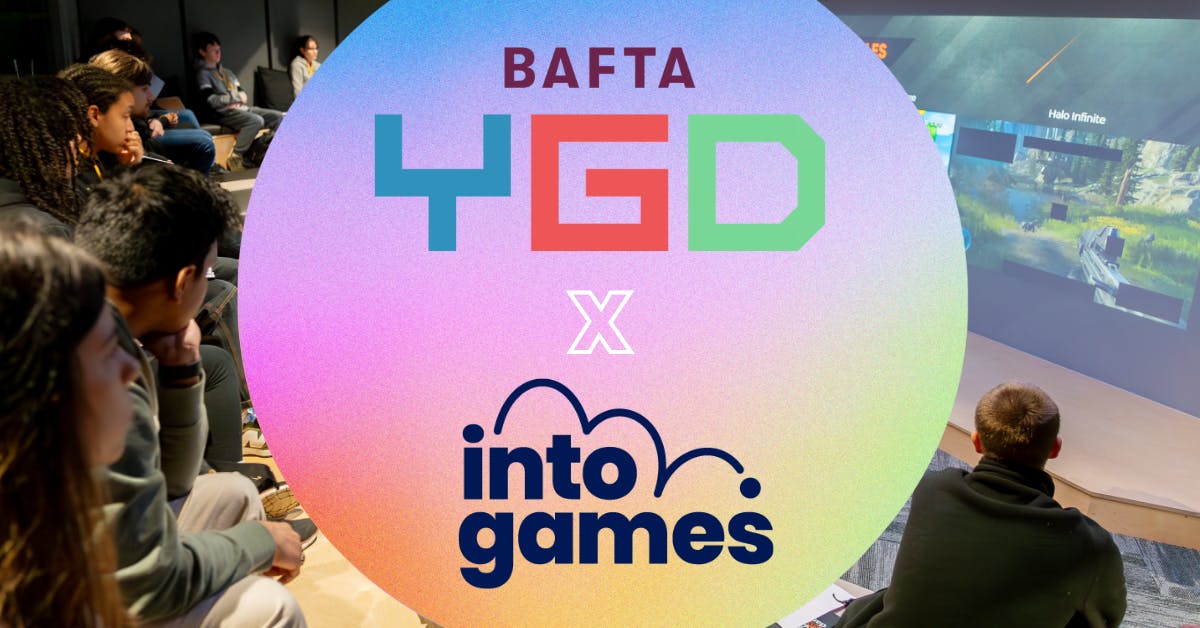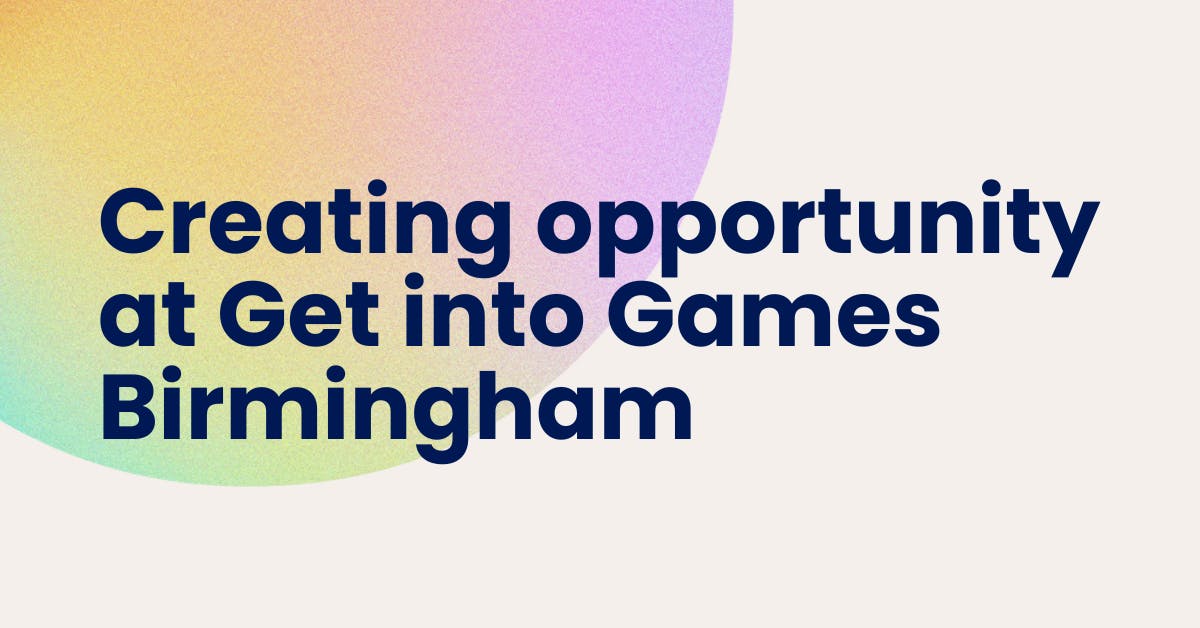
10 September 2020
What does a Senior Producer in games do?
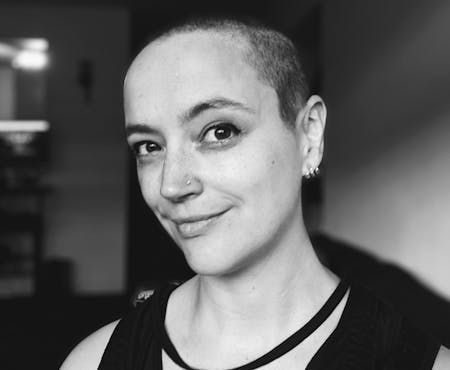
Teressa Wright is currently working as a Senior Producer for Netspeak Games. By her last count, Teressa has worked on well over 200 games - everything from AAA to indie, multi-platform to mobile-only titles. A couple of early career highlights include Alien Isolation, Mario and Sonic at the Olympics Games and Forgotton Anne. We asked Teressa, some key questions about getting into the games sector.
Explain your role like I'm 5 years old
Game development has lots of different groups - there are engineers writing the code, designers coming up with game ideas, artists making everything you see on screen, sound engineers making everything you hear, and even more beyond that!
Producers help everyone to make the right things, in the right order; it's a Producer's job to get the game made by a certain time, and without costing more money than is available, and to smooth any problems that other people might have, so they can just concentrate on the good stuff that they can do!
Take us through your average day at work
Our team is entirely remote at the moment, so this is how our day looks during lock-down;
Everyday starts with video Stand-Ups - this is split by disciple (engineering, creative and product), each team will separately talk about what they will be doing today, and also say if they have any major problems that are blocking them from completing something they're working on. I make sure that their planned tasks make sense in the bigger picture (e.g. if we need feature A finished ASAP, then people shouldn't be working on feature B yet), and if there are blockers, I try to facilitate a fix for the problems.
Throughout the day I check-in with team members and answer questions on priorities or what comes next. By checking in with the team as things progress, I can update a tracking spreadsheet that shows us at a glance what stage all the game features are at, and also has charts to see how much is left to be done.
Most days I check in with the Game Designer to make sure we're completely aligned on what's most important, and also to make sure I have a good understanding of what each feature should ultimately do - the Producer is usually the first port of call for questions, so it's REALLY important that I know the game really well.
I will also usually spend a bit of time in our task-management software (we're using HacknPlan at the moment) to see how things are progressing, re-prioritise things that need to be highlighted or downgraded, and close older tasks that just aren't relevant any more if major changes are made.
I may spend some time building a plan for the next Sprint based on the game content goals set by the Game Designer. Some of the Sprint Plan will be based off the Roadmap - a long schedule that sets milestones that need to be met at specific times for us to reach an important date. Upkeep of the Roadmap is also my job - priorities can change, so I need to keep that up-to-date.
Outside of documentation and checking in with the team, I will also spend some time thinking of ways to improve loads of other things within the company - while technically not a Producer task, Producers are really suited to streamlining company processes, & arranging events or competitions as they generally are pretty organised!
At the end of the day, we have an End of Day catch-up with the entire team to talk about what was done that day. This is a good opportunity to announce any new company news, and to wish everyone well after a busy day :)
What was your educational and career journey into your current role?
I may be a wee bit unusual in that I didn't go into tertiary education before entering the industry. My favourite subjects in secondary school were art and history, and I was really strong in maths and English, which have all been very useful in many ways!
For example, for a couple of years I proofread game-text files that had been translated from Japanese into English before being implemented in-game, which was sometimes a gargantuan task (Yakuza 3 had 3 million words to check!) but meant a lot of grammar, bad translation and context issues could be caught early instead of having to entirely rely on game testing to catch them.
I also spent 8 years working in retail, and a year working in hospitality prior to games - both taught me a lot about financial, time and people management, which are largely considered to be 'soft skills' but are absolutely essential to be a Producer.
My first job in games was testing for Sega in their San Francisco office. Testing used to have a bit of a bad rep as a lot of supposedly "unskilled" people could enter the industry through test.
However, that reputation was hugely unwarranted as the vast majority of testers are worth their weight in gold, and nowadays development has a great amount of respect for QA - they're the last line of defence for games before the public gets their hands on them, and a broken game is not going to do very well.
I worked in Publisher QA for 10 years before moving to Production, rising through the ranks between multiple countries and companies. I learned a lot about the development process, different systems of project management, and the culture within the industry itself - all of which were absolutely invaluable.
What do you love most about your role?
At its simplest, Production is about facilitating - you facilitate people to do the things they're best at so something great is the end result. I get so much satisfaction and joy out of helping others to do brilliant things!
What's the hardest thing about your role?
It's less of a struggle these days, but the 2 hardest things to get to grips with in Games Production is dealing with ambiguity, and being able to change set-in-stone plans at the drop of a hat and with no fussing.
Ambiguity is rife in games, rarely can you sketch out every last thing in a game from concept to release - there are so many unknowns along the way, a lot of the time you have to weigh which options seem best.
Also Game development is very rarely a linear process, but Production is about planning and time-management - which assumes a straight road ahead with easily understood milestones, so the job doesn't entirely match up! You can never be precious about a plan - I always make a Plan A (this is the ideal), a Plan B (this is worst case scenario) and assume that what will actually happen is neither of those because something major will change the project focus.
What key skills should people work on to do your role one day?
Get comfortable with the spreadsheet - knowing a bunch of medium-level functions in Excel/Google Sheets will make you look like a magician to the team, and also make your life a LOT easier! IF, AND, OR, INDEX(MATCH) and a good understanding of conditional formatting will make that magic happen.
A really good practice for this is creating a personal budget spreadsheet from scratch and then iterate on that a little bit every week to make it smarter/easier to update!
Additionally, a BIG thing that everyone needs to learn early on is that you don't need to know how everyone does every little thing that they do, but you should aim to get a basic understanding.
Most Producers are "Jacks of all Trades, Masters of None" unless they're embedded within a very specific discipline. And that's okay - your job is to trust that the team has a good idea on what needs to happen and how long it will take, and then put those puzzle pieces together to create the full picture.
What advice would you give to your younger self looking to get started in the industry?
I don't know a single person, including myself, who hasn't struggled with impostor syndrome. There were opportunities available to me earlier in my career that I didn't chase because I didn't think I was good enough. I would try to help my younger self to see that I knew a lot more than I gave myself credit for, and also that you don't need to know 100% of the things to be effective - there's always room to learn!
Do you have any links to good articles or videos that you think might give some tips or advice to someone starting in your role?
Up Sh*t Creek: Pro Tips for Managing the Unmanageable Project
Better Development Through Science: How Aliens, Odysseus, and Toyota Can Help Improve Production
There is also this excellent reading list for Games Producers curated by Dan Bergin-Holly from Fortitude Games that covers almost every need a Producer will face.
Stay up to date
It's time to level up your inbox
Pick which newsletters you're interested in receiving, and customise further by specifying a discipline.
Join our mailing listTell me more

